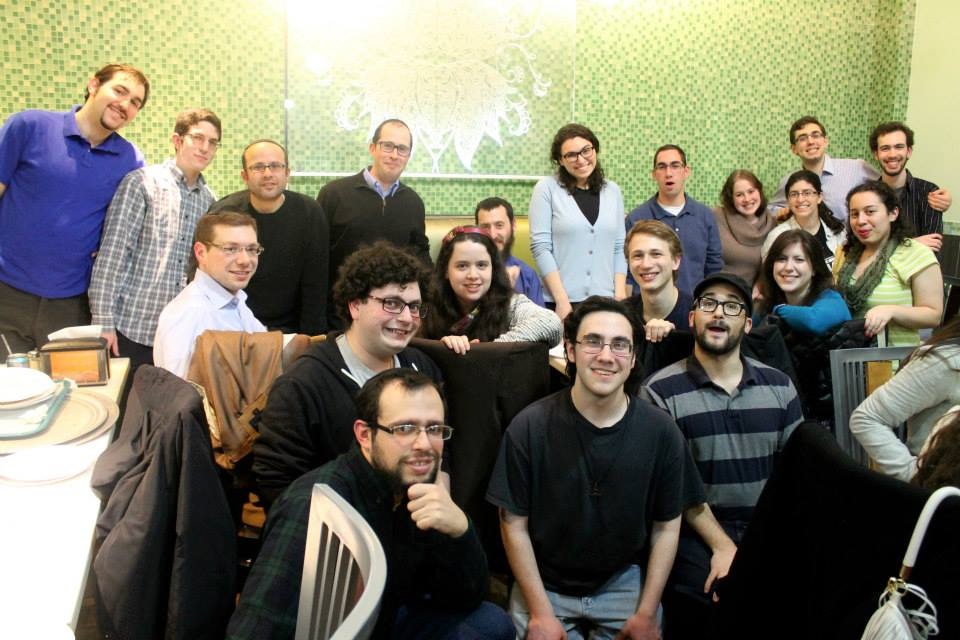New York Orthodoxy Between the Wars
Introduction [1]
Introduction [1]
As a child, in my formative years, I grew up on New York’s Lower East Side. I attended Mesivta Tifereth Jerusalem and was privileged to know Rav Moshe Feinstein. My grandfather was the b’al koreh at the Yeshiva and a close friend of Rav Moshe, so I was blessed to have visited the Feinstein home on numerous occasions. Rav Moshe had a great influence on me. It was he who taught me how to interact with Jews of a wide range of observance, especially in the way he modeled Torah as an expression of love, patience, tolerance, and universal respect (b’sever panim yafot).

Campus Fellows dinner meeting at the home of Rabbi and Mrs. Marc Angel, December 24, 2014

Stern/YU: God Save me from Your Opinion-Dec 25, 2014
“Excuse me for a moment; I need to take this call,” I said to the rabbis I was meeting with at an important convention for Hareidi professionals dealing with practical halakhic issues and public policy. I had just stopped by the convention to meet some of the rabbis who had taught me and mentored me over the years. I was sitting with my main mentor—a Yeshivishe, Litvishe Rav—and his friend, a close associate of some of the Hareidi rabbinic authorities.
On this coming Rosh HaShana the Shmita (Sabbatical) year (5775 – 2014-15) will begin. According to its laws, routine agricultural activities are prohibited and its produce is ownerless, free to be taken by all. At the end of the year, Shmitat Kesafim (the remission of debts) also takes effect.
The Israeli government recently moved to decentralize the conversion system by allowing local courts to convert individuals on their own.
Ironically, as Israel moves away from centralization, here in America the Rabbinical Council of America is enthusiastically embracing it. The modern Orthodox rabbinical organization recently reaffirmed its commitment to its centralized conversion system, which it calls GPS (Geirus Policies and Standards). Under the system, the RCA accredits only those conversions conducted under RCA’s batei din, or rabbinical courts, using the GPS process.
Since its inception in 2008, we have opposed this centralized approach. We still do today. Here’s why.
Rabino Alfredo Goldschmidt of Bogota, Colombia, describes his rabbinic work
Over 20 years ago when I was the National President of the Australasian Union of Jewish Speakers we hosted Rabbi Avraham Infeld for a National Conference. Avraham was the first person to tell me that I should become a rabbi. “But Avraham” I said, “I don’t even know if I believe in God” and he responded to me, “But you love people”. That was before I started learning Torah and before Torah was the guiding light in my life. I was standing at the precipice of my spiritual journey that has opened out in different directions including through prayer, yoga, meditation, dream-work, inner child healing, relationship work, conflict transformation, spiritual direction, pastoral counseling & sexual healing.